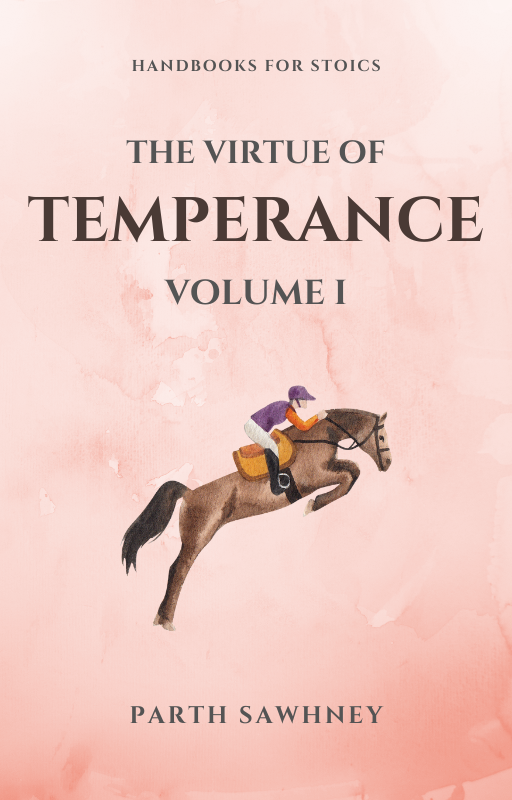guard your time (part 2)

While we might be good at safeguarding tangible possessions, constructing walls around our physical domains, Seneca gently nudges us to redirect our vigilance towards a more subtle but invaluable realm—the sanctuary of our minds.
Physical possessions, subject to loss and gain, possess a certain resilience. A stolen treasure can be recovered, a damaged possession replaced. The earth, vast and abundant, offers opportunities for new acquisitions. Yet, amid the tangible treasures, we overlook the fragility of an intangible jewel—time.
Benjamin Franklin advised, “Do not squander time, for that is the stuff life is made out of.” Time is nonrenewable, and hence our most precious asset. The ticking of the clock is relentless, and once a moment slips away, it's gone forever. No fortune can resurrect a day that has passed. Unlike material possessions, time is not a commodity we can purchase or accumulate. It flows continuously, indifferent to our desires and regrets. We cannot buy more time but we can surely strive to use it wisely and waste as little as possible.
In a world that often glorifies busyness, Seneca's call to put our time on the planet to good use is a radical invitation to intentional living. It prompts us to question the value of each moment, encouraging us to invest our time in pursuits that contribute to our growth, fulfillment, and the well-being of those around us.
A common saying echoes through our lives—“life is short.” Indeed, it is, yet, as Seneca wisely observed, it can also stretch abundantly if managed wisely. German writer and statesman Goethe also wrote, “We always have time enough, if we will but use it aright.” The initial step in this endeavor involves being more cautious about how freely we share it with others. Adopting a somewhat frugal attitude towards our time emerges as a potent practice, preventing us from recklessly dissipating this invaluable and irreplaceable resource.
Take a moment to ponder: What aspects of your life devour substantial time without yielding any meaningful returns? Which indulgences and cravings contribute little to your well-being? Upon scrutinizing this list, make a firm commitment to take action. Life's brevity underscores the importance of not having too much time to spare; therefore, every moment is worth intentional consideration.
I'm happy, excited, and immensely grateful to announce the release of my new book "The Virtue of Temperance: Volume I", the first book of the Handbooks for Stoics series.

"The Virtue of Temperance: Volume I" is not just a theoretical discourse; it's a practical guide to navigating the complexities of contemporary life. In this concise book, I provide actionable exercises and real-world applications that'll empower you to cultivate the Stoic virtues of self-control, discipline, and rationality in a world driven by excess and instant gratification. Through captivating narratives and poignant lessons, you'll discover how temperance is not a restraint, but a liberation—a path to embracing challenges with grace and resilience.
Get your copy here: https://books2read.com/Temperance-Volume-I/
(Print book and audiobook coming soon!)


